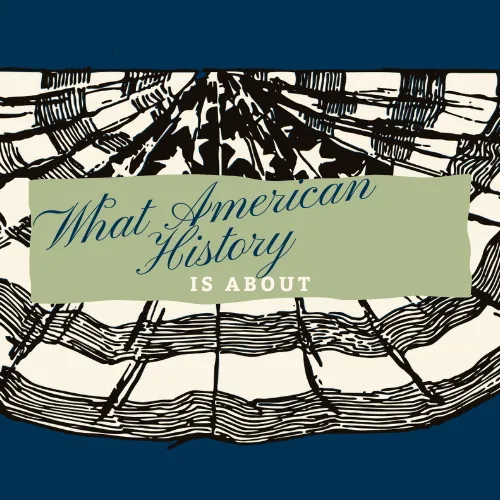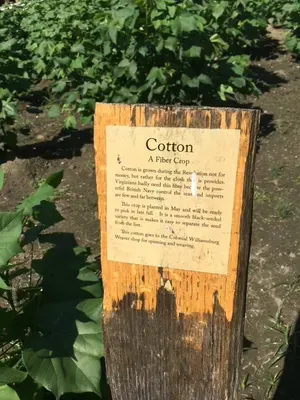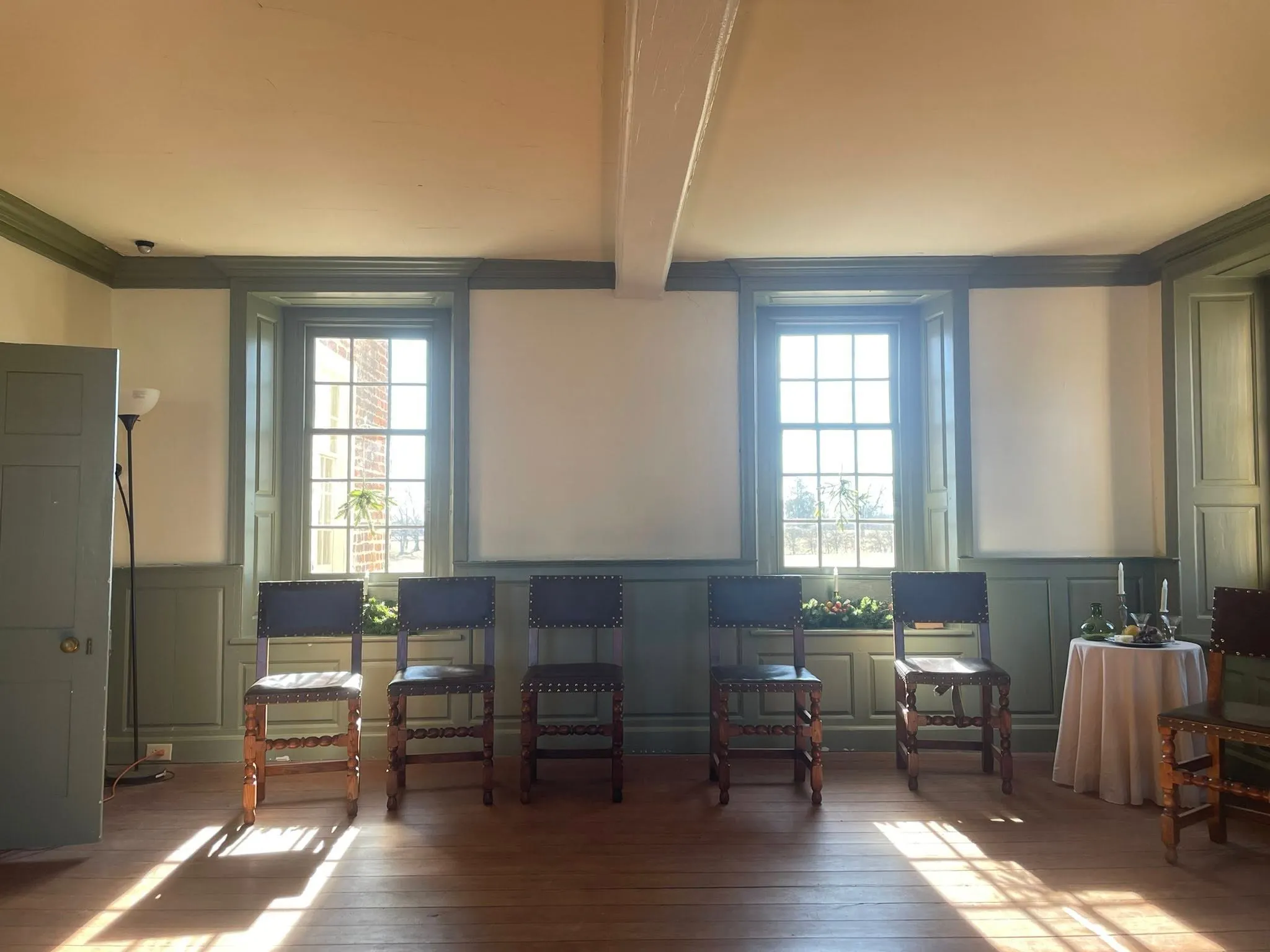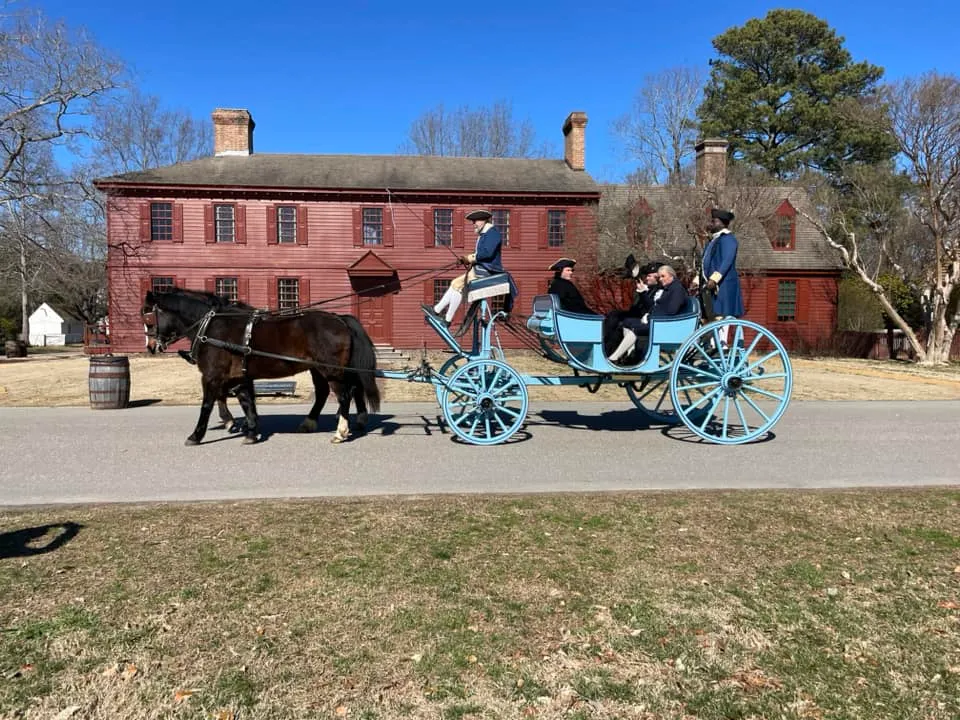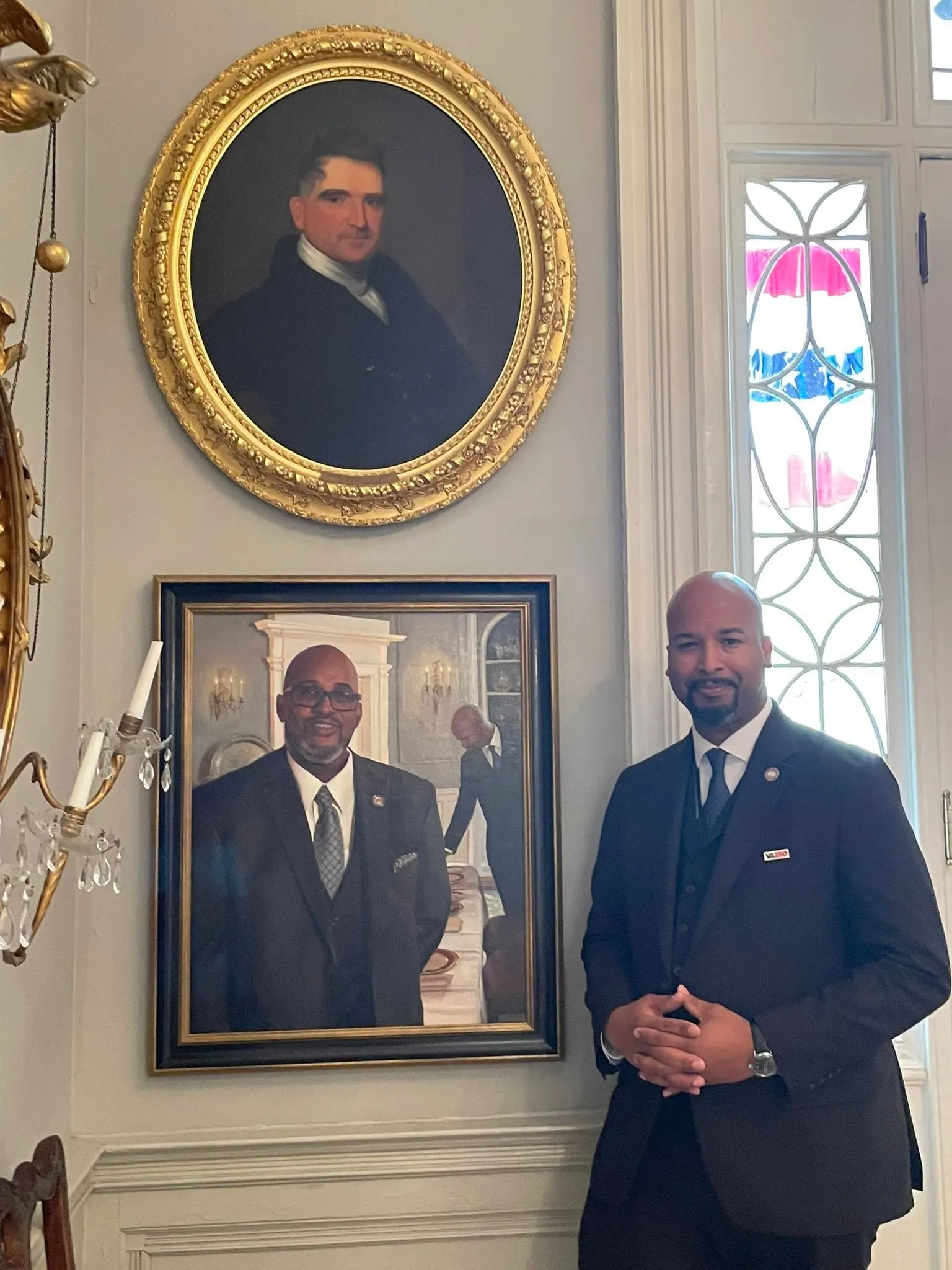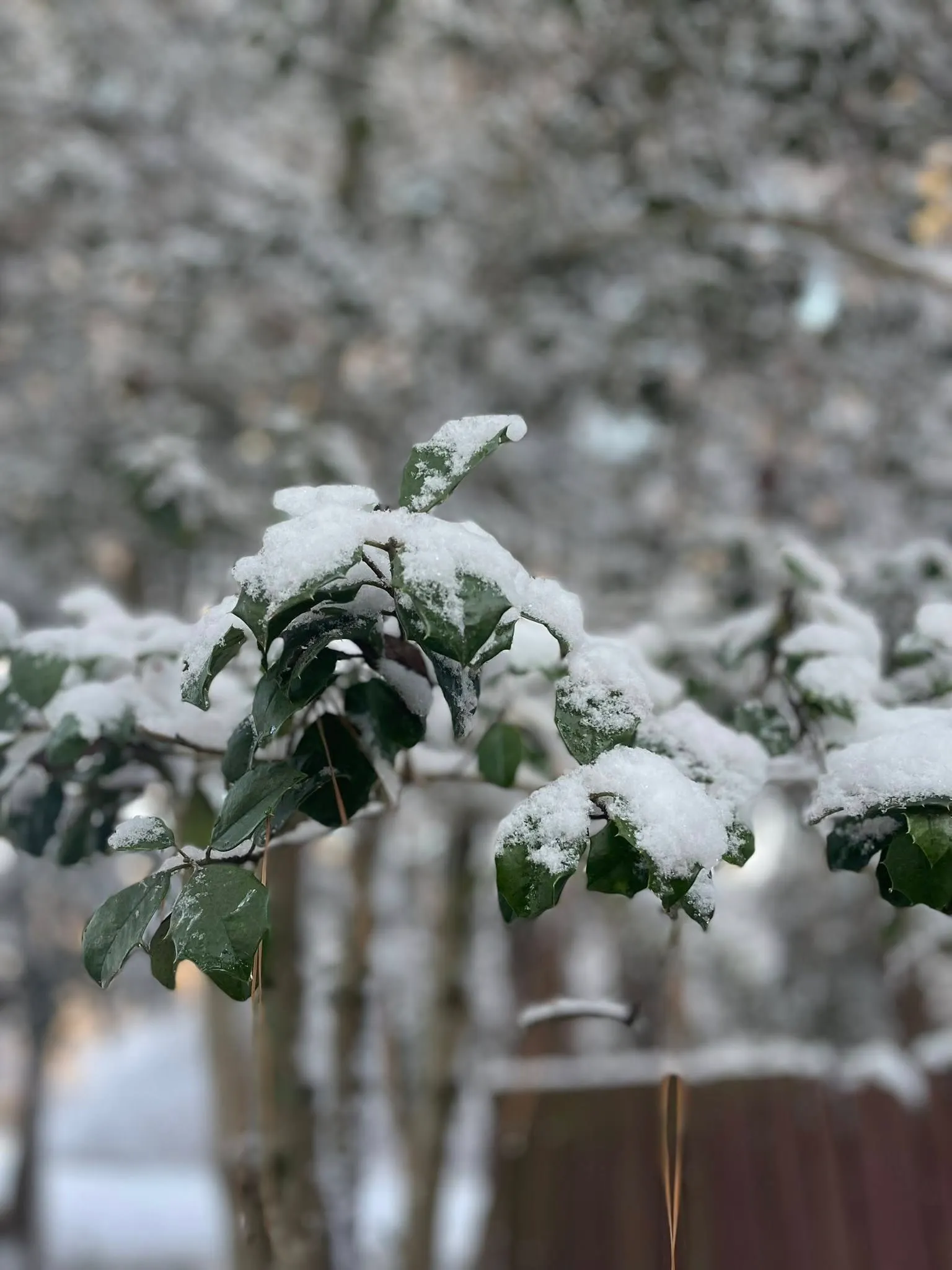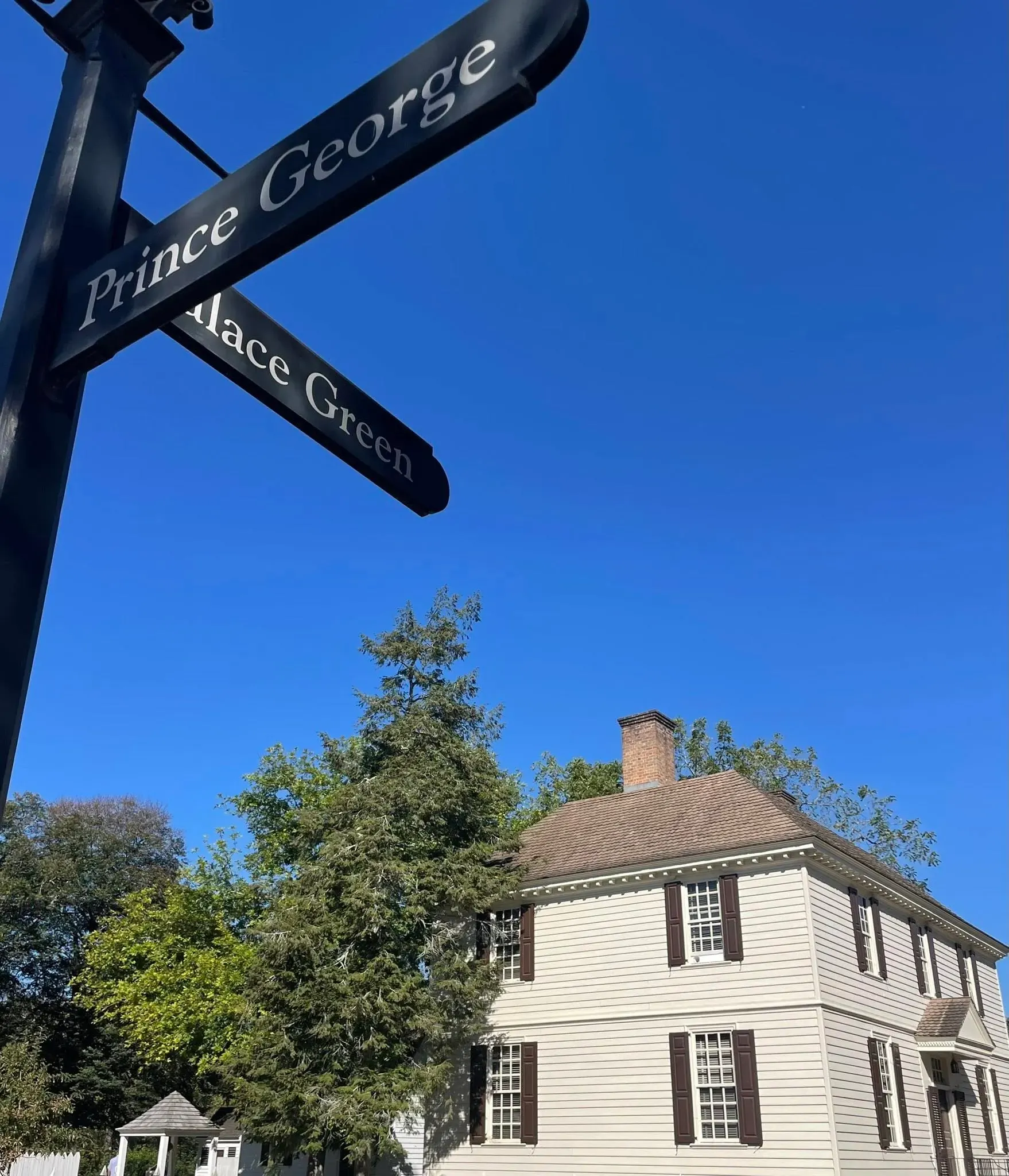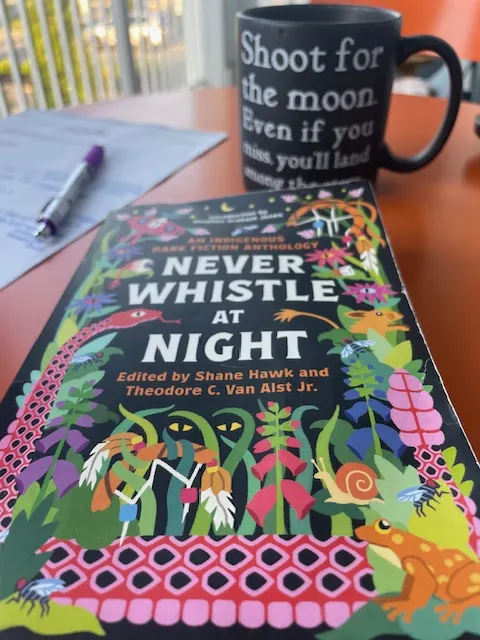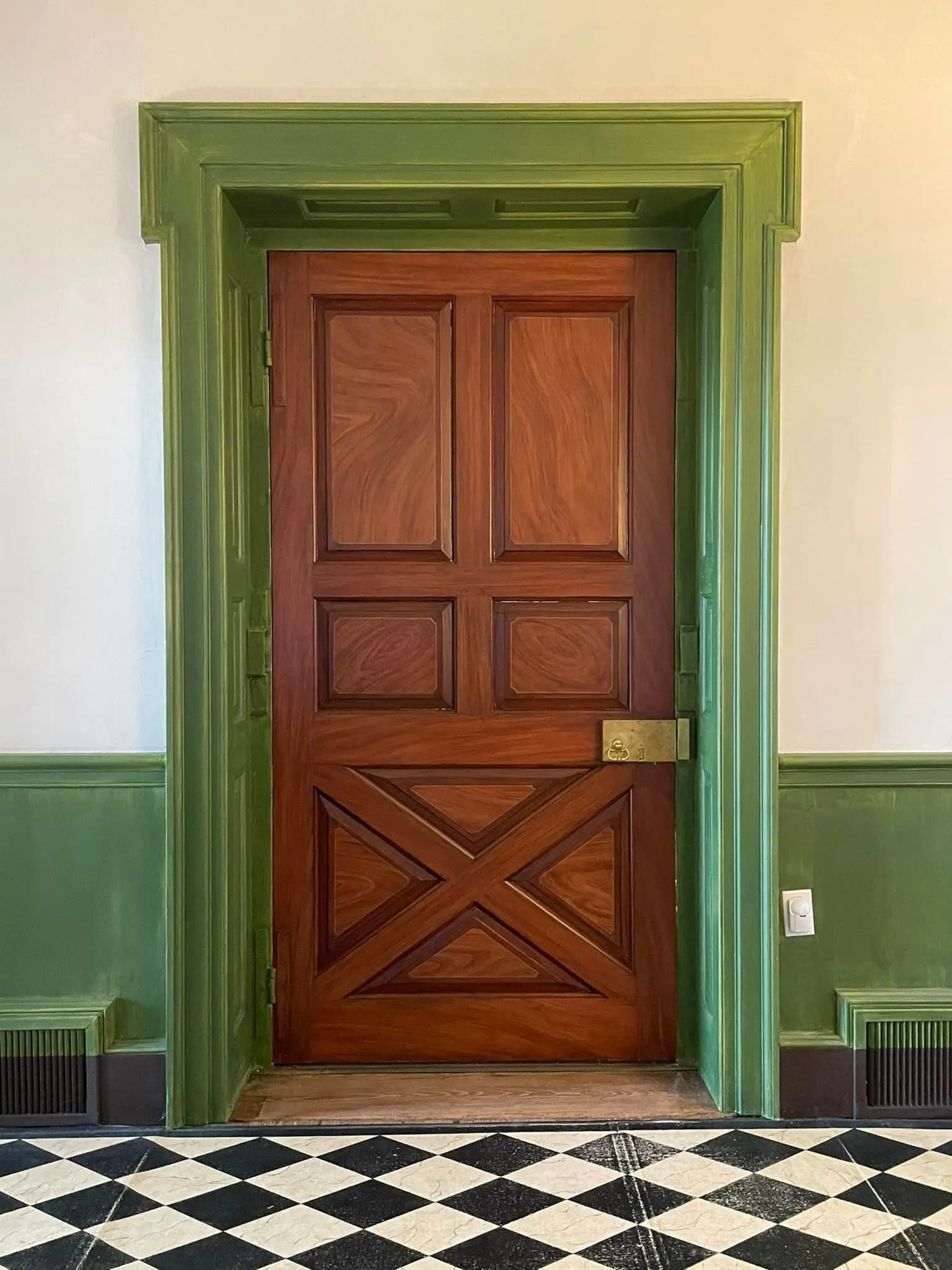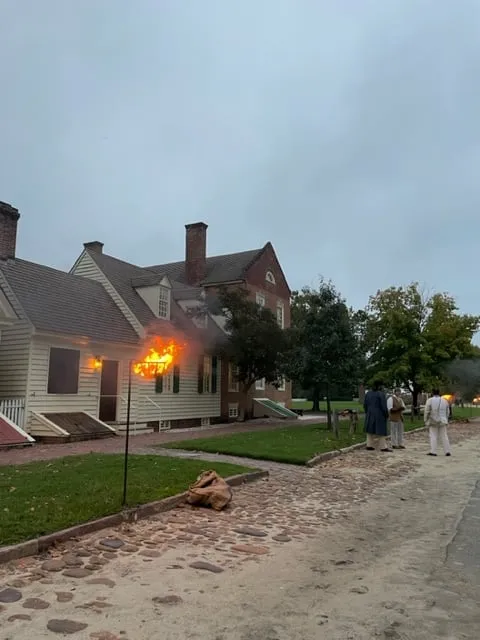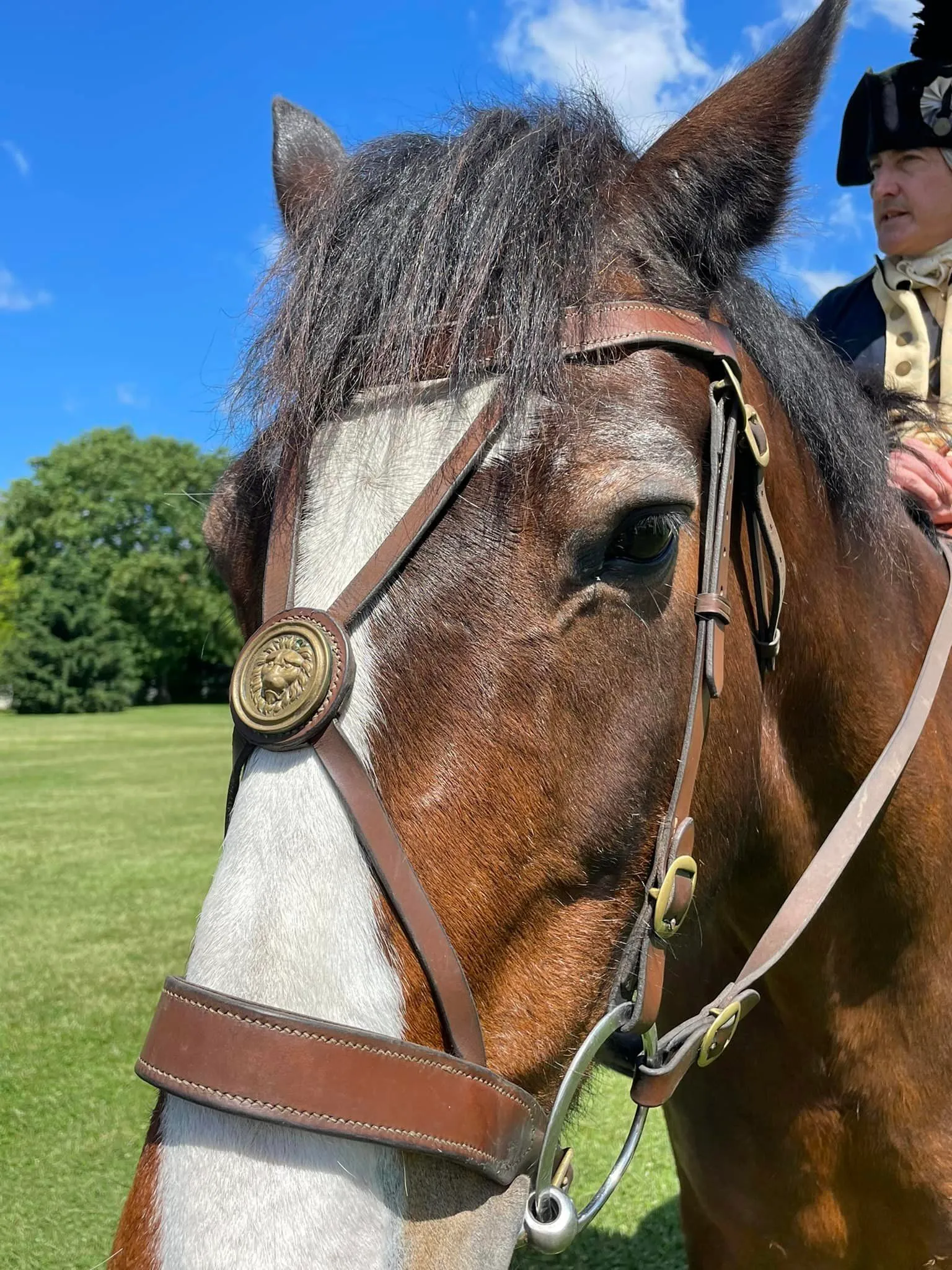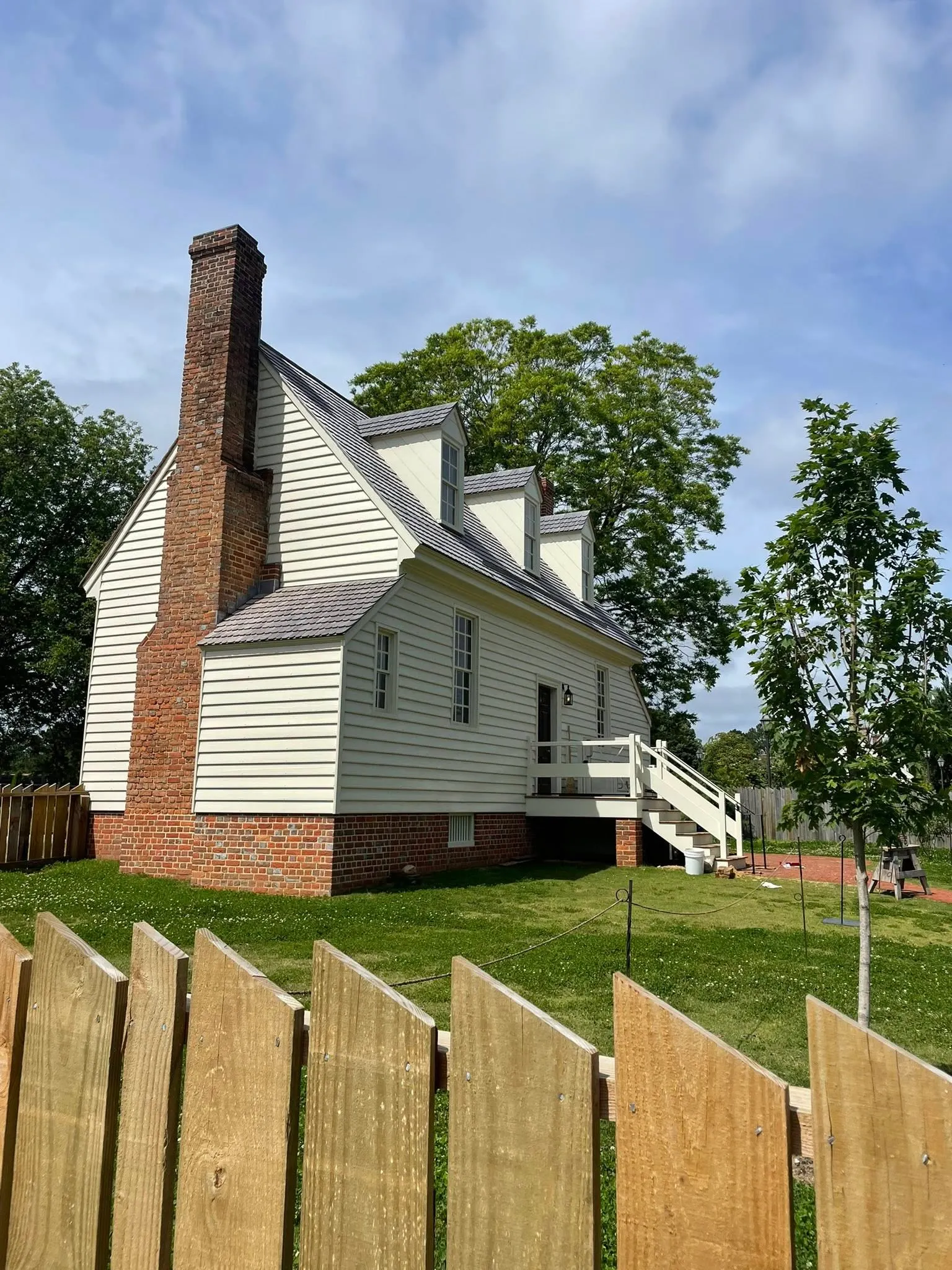Putting this Blog into Context: A Quick Note About the 13 Colonies
My focus on the 17th and 18th centuries in American history.
Remember how I mentioned early on (and wrote a whole post) that there is just SO MUCH HISTORY and I could easily get overwhelmed--- or be overwhelming?
My decision to structure this blog in the journal-like style is because I wanted a place to record and share the things I learn that happen to grab my attention. That may be over-simplifying a bit, but that's ok.
Not only is it what I'm learning about the most, this time period is what I'm personally most interested in.
However: I truly love all history including the time before colonists set foot on this soil as well as what's happened since. And to be honest, that isn't limited to American history.
But when looking at the foundation of our current United States, starting with the colonists and the 13 Colonies themselves, makes sense. Especially when you talk about culture, daily life, natural resources, and innovations of all types.
I'll post from other time periods here and there and, of course I've loved doing "this day in history" posts as well! (And I invite you to share ideas, questions, thoughts, and suggestions in the comments!)
RELATED: Click here to see my "this day in history" category.
Necessary disclaimer: As a blogger, I use affiliate links sometimes! I may receive commission from purchases I share; it does not change your price but sometimes you might get a discount.
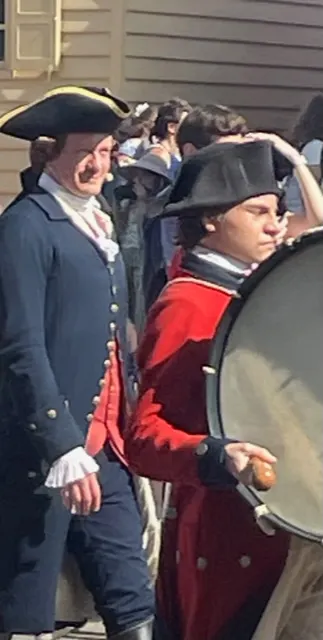
Colonial Williamsburg's Jefferson marching in Colonial Williamsburg on July 4th, 2023 prior to reading aloud the Declaration of Independence.
Virginia was the largest and happens to be where I live.
In fact, in terms of the original colonies, it's where I've always lived, having been born in Chicago and spending the majority of my life in Michigan prior to moving to Williamsburg.
If you look at the Mitchell map, which is posted and referenced around here quite a lot, you get a solid visual of this.
By default, being here most every day, it's where I'm actively seeing history come alive on a daily basis. It's a common phrase to hear: "as Virginia goes, so goes the rest...."
In May of 1776, Virginia voted for independency.
Richard Henry Lee jumped on a horse headed for Philadelphia, burst into the room where independency was being debated and announced Virginia's decision. He introduced the resolution calling for independence and well... the rest is history. (pun intended!)
Starting with Virginia, the largest and most populous colony... so goes the rest.
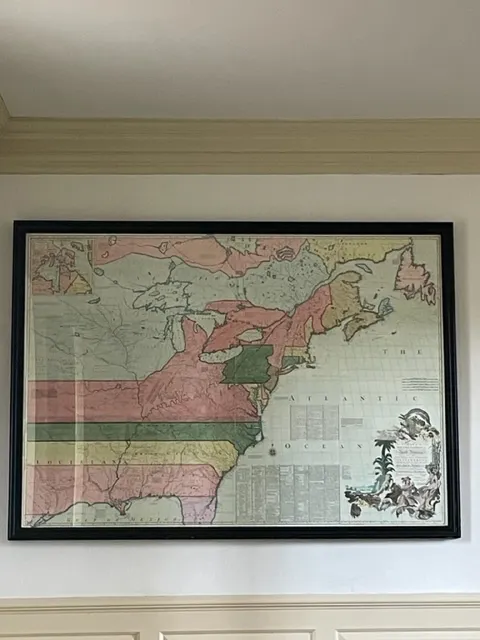
The Mitchell map.
Each of the original 13 colonies helped build the foundation of these United States of America.
Each has their own stories, but one common thread: the idea that that liberty and taxation without representation was worth the decision for independency.
Let's drop a few notes about the remaining 12 colonies, all founded after Virginia in 1607.
New York
In the 1660's the British grabbed New Amsterdam, now New York, from the Dutch. During the Revolution, it was a stronghold for the British as well as housing one of the largest cities in America.
Massachusetts Bay
One of the Puritan colonies and where the site of the original Plymouth colony (which didn't stay set as a colony itself), Massachusetts was known early on for religious tolerance. Interesting tidbit: it was home to future President John Adams, who supported Richard Henry's Lee's resolution in Philadelphia and as president, signed into law the Alien and Sedition Acts. Irony?
Maryland
Maryland was truly agricultural from the start, and like Virginia and North Carolina, was one of the tobacco colonies. Also to note: it was known early on for religious toleration, especially in terms of the rights of Catholics to practice their religion freely but that's not to say that there wasn't turmoil about religion in Maryland. In fact, the capitol was moved in the 1660's because of it.
Rhode Island
Known as "little Rhody," Rhode Island, was the smallest of the colonies. It was founded by Roger Williams, a true "pioneer of religious liberty." In fact, being a safe haven for dissidents is something this colony was known for. Learn more about Roger Williams here.
Connecticut
Why re-create the wheel? As I was researching details on the "birth" of the Connecticut colony, I found this timeline. It's another of the Puritan colonies that make up New England and it's final move into becoming a colony that was recognized came on the heels of war with a native nation; in this case the Pequot.
New Hampshire
In terms of becoming an English colony, the region was originally settled for fishing and trade. No battles were fought there during the Revolution (please correct me if I'm mistaken!) but the citizens were known to be strongly in favor of the cause.
Delaware
On December 7, 1787, Delaware became the first to ratify the United States Constitution and ultimately picked up the nickname you see on license plates today: "The First State." It was originally settled by the Dutch and ultimately was given over to William Penn. The story about it's separation from Pennsylvania colony is a story for another post on another day! But you can get a jumpstart by clicking to Delaware's government website here.
North Carolina
The "lost" colony of Roanoke was actually one of the earliest English settlements but... well it was lost. The legends (and some artifacts) live on however. Fast forward into the 18th century and North Carolina was a tobacco colony, and also known for it's ties to Mr. Edward Teach aka Blackbeard.
South Carolina
The line between North Carolina and South Carolina was drawn (quite literally) in the 1730's. It's main exports were rice, indigo, tobacco and cotton (it was home to Eli Whitney and the cotton gin invention). Check out my related post about Caty Greene for a bit of cotton's history here.
Cotton being grown in Ewing Field, Colonial Williamsburg
New Jersey
New Jersey also started under Dutch rule. And, of course, is well-known as a site for dozens of Revolutionary War battles, having fiercely opinionated residents, and is home to one of the oldest colleges in America- Princeton, formerly known as the College of New Jersey and founded by Presbyterians. I'm only mentioning this because, well, under British rule, the Church of England was THE religion. And side note: Virginian and future President James Madison studied there.
Pennsylvania
How to talk succinctly about Pennsylvania, the seat for the Continental Congresses and where the Declaration of Independence was read first after it was signed-- and still do it justice? This one is as difficult to harness as Virginia. I will leave it there... it's where delegations from every colony met and our nation as we know it was voted into existence.
Georgia
You may have heard Georgia referenced as "the penal colony" but it might not be what you think! In summary: General James Oglethorpe, a member of British Parliament, created a plan in the 1730's to ease the conditions of debtors prisons in England.
According to Louis B. Wright's American Heritage History of the 13 Colonies (and my being enlightened by Colonial Williamsburg's Col. Washington!), the idea was to bring skilled tradesmen to America to create a community that has everyone who could contribute with said skills. This wasn't intended to be a colony of convicts and criminals, but instead, those who were incarcerated for debt.
RELATED: Get Wright's book here.
This is only a snapshot of the original 13 colonies.
My goal was to set the context for the content of this blog.
There is no doubt the economies and culture of each colony made them unique, though all likely had it in common they struggled with everything from slaveholding to religious freedom. From creating treaties, friendships, and often rifts (even bloody conflicts) with tribal nations and dealing with climate, natural resources (or lack thereof) and personalities of Royal Governors that varied from one to the next.
Truly, there is so much history to be discussed about each of the original 13 colonies and- as well--- every single state... whether statehood came about from division of land or expansion either south- or west-ward.
Ours is a complicated history. As complex as the humans that lived it. In terms of the United States as we know it today, much can be learned from the past.
Keep digging my friends. Keep digging. And when possible, use primary sources as your main source of information!
RELATED: To read more on the 13 colonies, click to this article from the History Channel.
Closing with words from history.
Today's entry is an excerpt from James Madison's recounting details on the origin of the Constitutional Convention, and the united action of the 13 colonies.
James Madison: Origin of the Constitutional Convention, December 1835
[ca. 1835]
A sketch never finished nor applied.
(excerpt)
.... another Congress was held in 1775, whose pacific efforts to bring about a change in the views of the other party, being equally unavailing, and the commencement of actual hostilities having at length put an end to all hope of reconciliation; the Congress finding moreover that the popular voice began to call for an entire & perpetual dissolution of the political ties which had connected them with G. B., proceeded on the memorable 4th of July, 1776 to declare the 13 Colonies, Independent States
During the discussions of this solemn Act, a Committee consisting of a member from each colony had been appointed, to prepare & digest a form of Confederation, for the future management of the Common interests, which had hitherto been left to the discretion of Congress, guided by the exigencies of the contest, and by the known intentions or occasional instructions of the Colonial Legislatures.
(text continues, click here to read in full with citations)
Did you enjoy this post? Tip me online by clicking here!
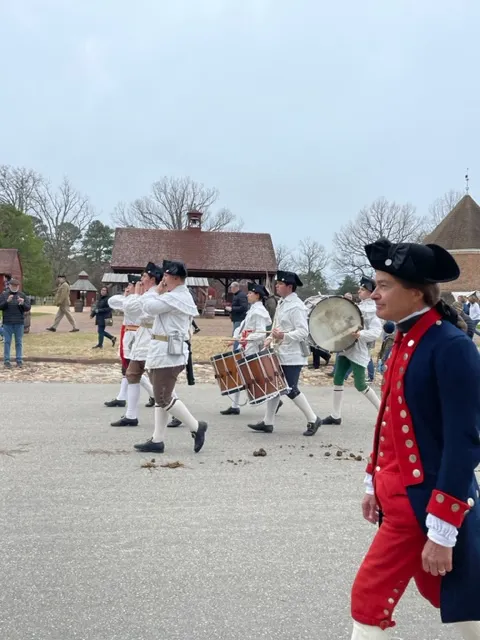
Historic fifes and drums in Colonial Williamsburg
There is a huge practical disclaimer to the content on this blog, which is my way of sharing my excitement and basically journaling online.
1) I am not a historian nor an expert. I will let you know I’m relaying the information as I understand and interpret it. The employees of Colonial Williamsburg base their presentations, work, and responses on historical documents and mainly primary sources.
2) I will update for accuracy as history is constant learning. If you have a question about accuracy, please ask me! I will get the answer from the best source I can find.
3) Photo credit to me, Daphne Reznik, for all photos in this post, unless otherwise credited! All photos are personal photos taken in public access locations or with specific permission.
